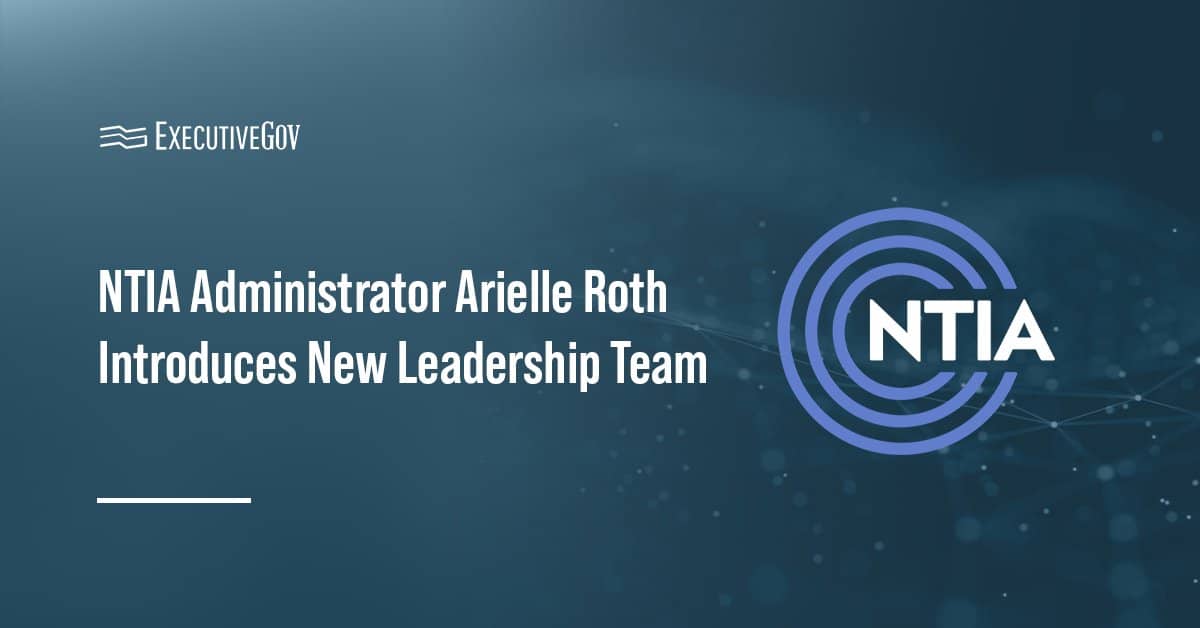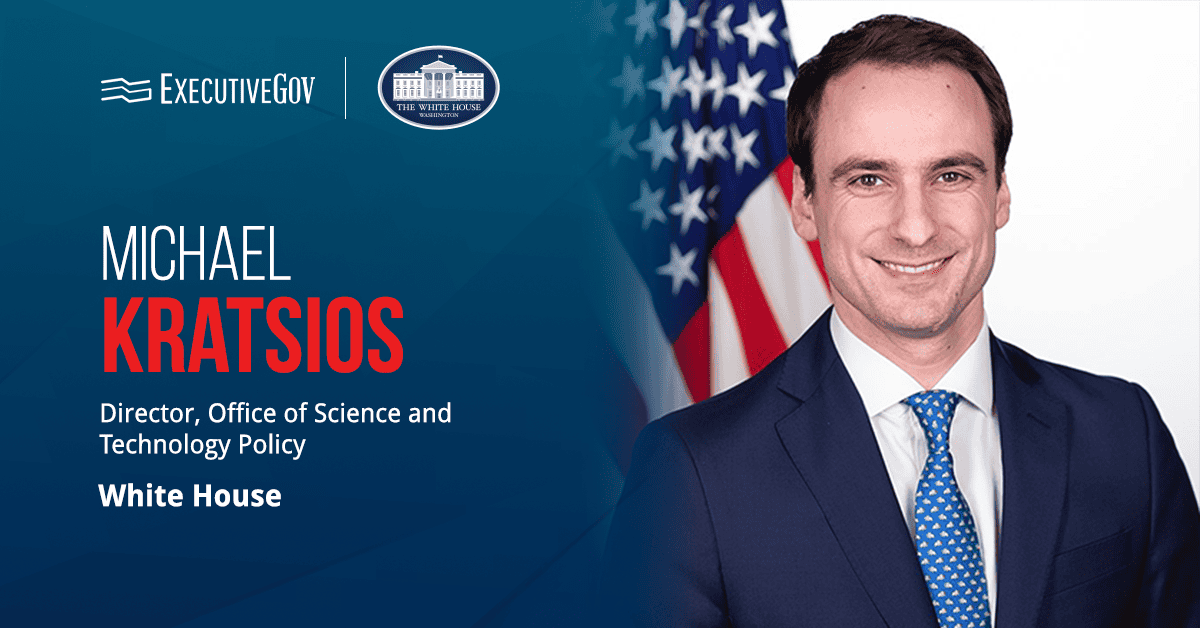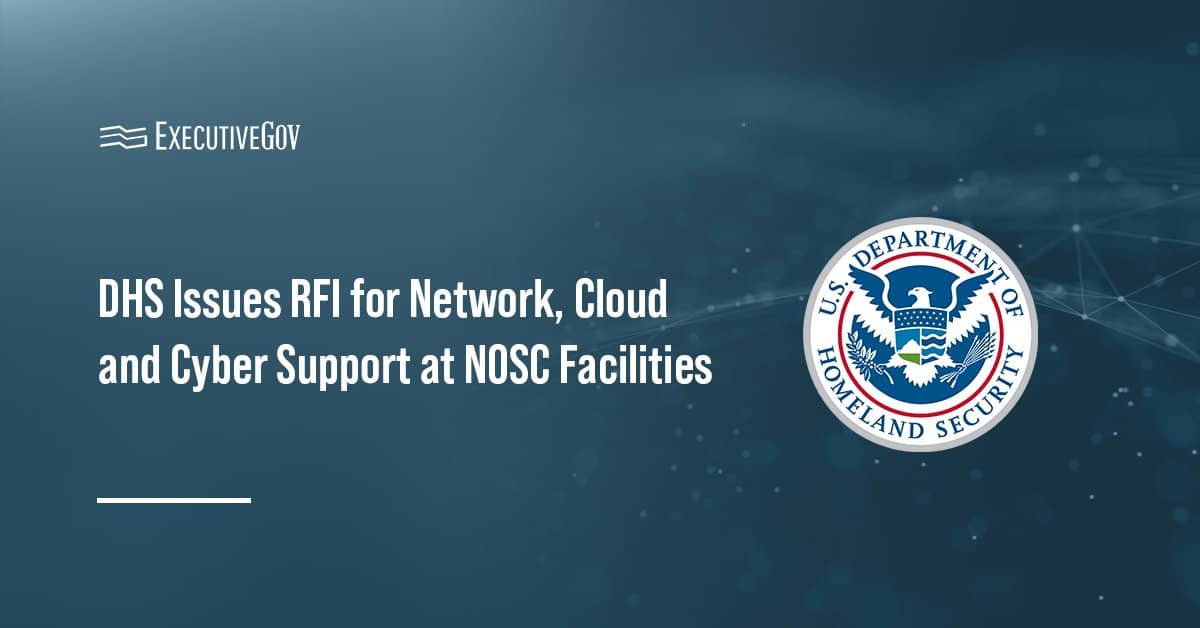The Federal Communications Commission (FCC) has implemented new rules to support commercial satellite launches and related operations by providing the space sector access to spectrum in the 2200-2290 MHz band.
FCC said Thursday that the move seeks to meet the needs of the burgeoning U.S. space industry that works to provide communications services to governments, businesses, and customers worldwide.
The commission also issued a notice of proposed rulemaking to request feedback from the public on a licensing process for the 2200-2290 MHz band and three other spectrum bands: 420-430 MHz, 2025-2110 MHz, and 5650-5925 MHz.
FCC said the adoption of a licensing framework for space launches will further support future growth in the commercial space sector by developing a “more predictable and streamlined process.”





